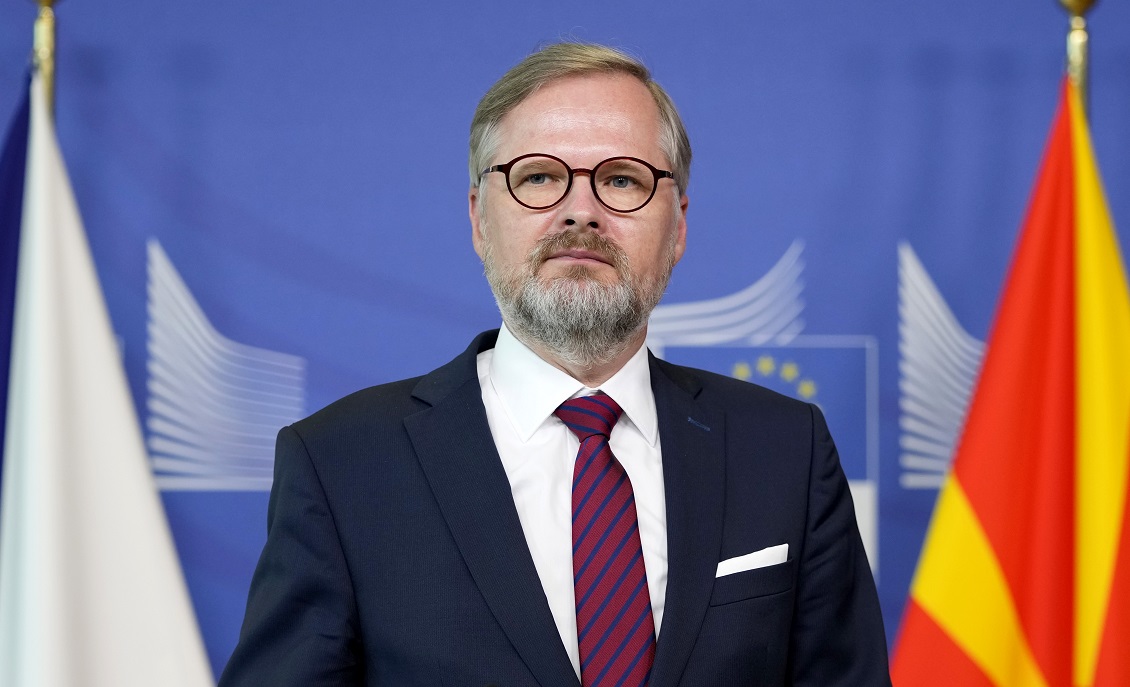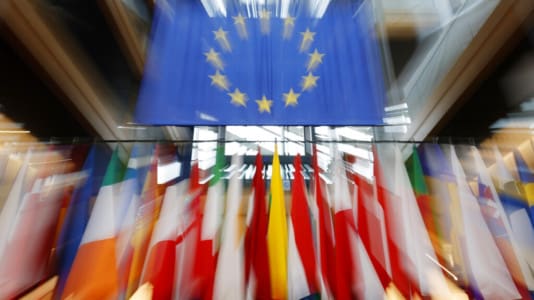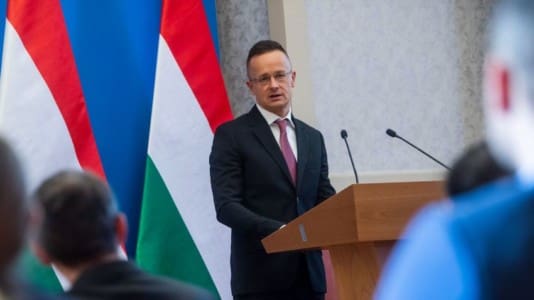Gas reservoirs in the Czech Republic are already at a record level of 80 percent capacity, the country’s Prime Minister Petr Fiala announced in a social media post on Monday.
Taking to Twitter, the Czech leader confirmed the country has already reached the minimum limit to which the EU member states must fill the tanks by this November, a move EU27 energy ministers agreed upon back in June following the risk of a severe supply disruption from Russia.
“We are at an all-time high. We are working to be as prepared as possible for the winter,” Fiala wrote.
“This year, we introduced a rule that gas storage tanks in EU countries must be at least 80 percent full before winter. In the Czech Republic, we exceeded this limit on Monday, and we have 2.6 billion cubic meters (of gas),” Minister of Industry and Trade Jozef Síkela said on Twitter.
Annual consumption in the Czech Republic amounts to approximately 9.4 billion cubic meters of gas, and according to Síkela, Czechia receives roughly 98 percent of the gas it consumes from Russia.
A week ago, when gas reservoirs in the Czech Republic were about 77 percent full, Síkela told the media that the gas in them would cover consumption in the country until January.
Czechia also plans to use gas from an LNG terminal in the Netherlands to reduce its dependence on Russia. According to Síkela’s earlier statement, this would extend gas consumption in the Czech Republic by one and a half to two months.
Russia is likely to shut off gas supplies to the EU
Some EU officials think that Russia will use the planned maintenance of the Nord Stream 1 gas pipeline to permanently shut down gas flows to the EU.
According to them, Moscow is preparing this step in retaliation for EU sanctions, including a partial embargo on Russian oil. The EU introduced the sanctions in response to Russia’s occupation of Ukraine.
On Monday, Russian gas giant Gazprom announced that it will shut down another Nord Stream 1 gas pipeline turbine for maintenance on July 27. Gas deliveries will thus further decrease to 33 million cubic meters per day or roughly 20 percent of capacity. Currently, the operation of the gas pipeline is limited to about 40 percent of capacity, and deliveries are around 67 million cubic meters per day.
On Tuesday, Síkela convened an extraordinary meeting of EU energy ministers in Brussels to discuss the crisis in natural gas supplies. Since July, Czechia has taken over the six-month presidency of the Council of the EU.






